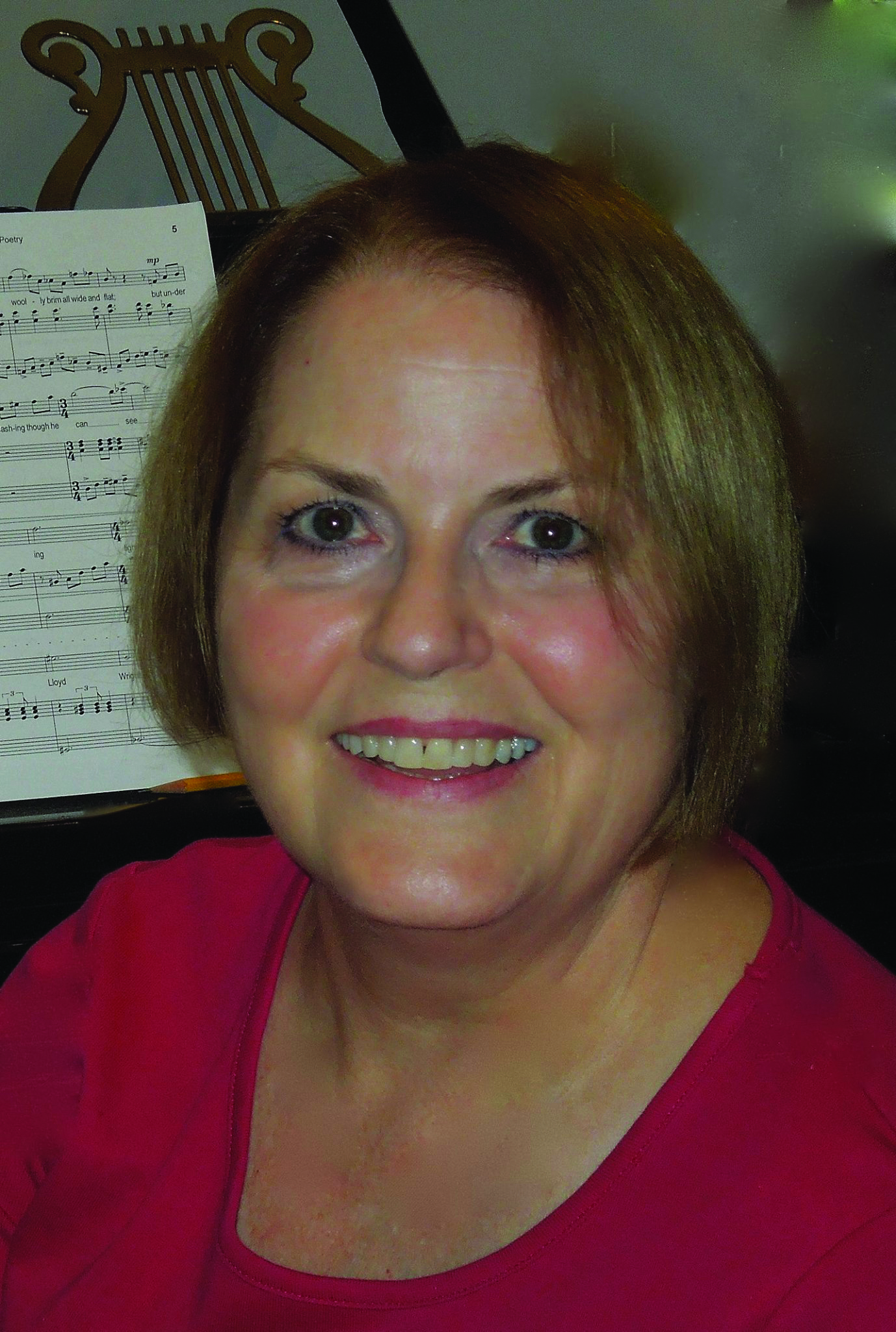

Evelyn Pursley-Kopitzke
By Evelyn Pursley-Kopitzke
I was privileged to attend a community band performance (Winds of the Mountain Empire, July 17 in Big Stone Gap, Virginia) of all new music. Having lived through—and rejected—the mid to late 20th Century “serious” music’s apparent attitude, “If it’s incomprehensible and I can’t connect at all, it must be great music,” I approached this concert of unknowns with caution. My caution was unwarranted. There wasn’t a tortured atonal serial piece in the entire concert. Whew!
I love it when an artist in a small college collaborates with the community and enlists the help of his extensive network to produce a truly visionary collection of premieres and new music. Wow! Nothing on the program was older than three years. But I digress.
What made this concert so outstanding was its premise: give us music that connects with our region. And these eight composers did. Everything had a resounding aural, visual, or visceral connection to the region.
Dr. Jason Griffith’s “And the Home of the Brave,” a new setting of the Star-Spangled Banner, appropriately began the concert. Well-hidden new harmonies made the old seem fresh and new. Perhaps this will become the new concert band standard? We can only hope.
I could see the sunrise and sunset in Dr. George Naff’s “On Wings of the Morning,” and I didn’t have to climb the mountain at dawn or dusk to experience it. Thank you for writing this, Dr. Naff.
Dr. Donald Sorah’s lushly beautiful “Steadfast and True,” (2021) a new trombone solo written for and performed by his wife Kelly Sorah, exuded love. I hope to hear this piece grow into a several-movement trombone concerto—for full orchestra, string orchestra, piano, and yes, winds. Everyone needs a chance to play this love song. (Please write it, Dr. Sorah!)
“A Southwest Virginia Portrait” connected to the region more aurally. Jason Baily’s three-movement suite incorporated snippets of well-known regional music to remind us how easily simple music connects with our souls. What a lovely virtual tour of “Powell Valley,” “Clinch River,” and High Knob, “Virginia.” Thank you, Jason Bailey.
“Mourning Hymn” (2021) gave us another connection via Steve Sensenig’s music for film composition. Many of our neighbors have all too much experience with the aftermath of battles. He gave us a visceral view of searching the battlefield for survivors and retrieving the dead for burial. So lovely, so sad.
After the sadness we needed the whimsey of “The Trestle Tree” (2022), by Roy Crawford and Dr. Donald Sorah. I remember reading a regional news article about this tree—an actual tree growing in a railroad trestle, which someone decorated for the holidays. It became a symbol of bravery and perseverance despite hard times; the composers captured both the whimsey and the perseverance.
The theme of perseverance despite change continued with Cody Myre’s “Transitions,” which did indeed illustrate transitions, musical transitions. Although I am a fan of micro-forms, I wanted this piece to last longer—to give me a chance to absorb each episode before moving on to the next one.
The final piece on the program, “Let Me Be Frank with You” was by a well-known but living composer, John Mackey. The dance-like frolic was the perfect ending to a concert of new music.
The Winds of the Mountain Empire, founded by conductor Dr. Donald Sorah in 2006, is a professional wind ensemble comprised of musicians primarily from the Southwest Virginia, Northeast Tennessee, and Southeast Kentucky region.
Thank you for sharing your music with us.
A Tanzania-born American living in Tennessee, Evelyn Pursley-Kopitzke is a neo-classical composer and lyricist whose extensive opus includes chamber, choral, art songs and orchestral works. Her music has been heard from coast to coast and in Europe. She holds a graduate degree in composition and studied with Drs. Margarita Merriman, Barney Childs, and Kenneth Jacobs. In 1995, she co-founded the Greater Tri-Cities Composers’ Consortium.
She received top honors in the 2002 Carton Savage international “I Wage Peace” project for her “Salaam, Frieden.” Three of her pieces were included in the 2005 Appalachian Music Teachers’ Association Piano Anthology and she was 2005 AMTA Composer of the Year.